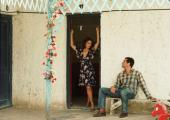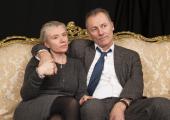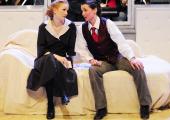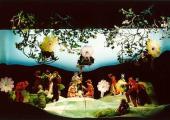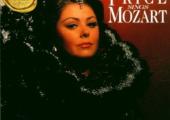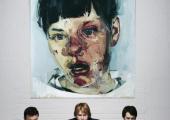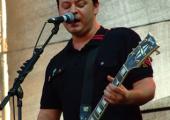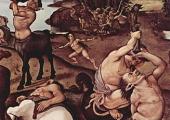David Pountney to head Welsh National Opera
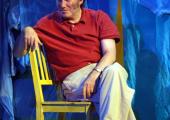
David Pountney to head Welsh National Opera
After what must seem like a long exile, the opera director with one of the most distinctive track records in the business is to return as chief executive of a company which has been on fitful form recently. As, it must be said, has Pountney's recent history after the celebrated "powerhouse" era at English National Opera alongside Mark Elder and Peter Jonas. Since then, he has veered from the trademark business verging on chaos to a tender, painstaking rediscovery of recent works which deserve our attention.


